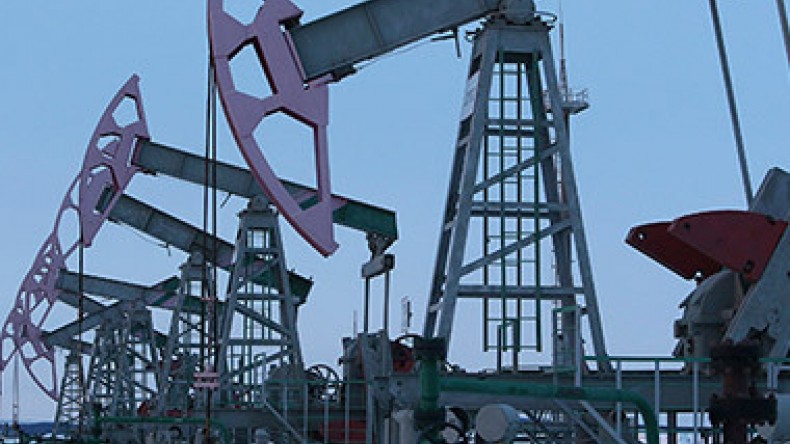
‘OPEC story is not over’
Despite OPEC losing its influence, which might not be recoverable, people are still highly dependent on traditional fossil fuel which means the organization will still be important in the future, economist Max Fraad Wolff told RT.
A new report by the World Bank claims the cartel of oil producing nations will lose its influence due to changing market conditions and technological advances.
RT: Do you agree with these predictions? Is it true that OPEC’s days are numbered?
Max Fraad Wolff: We’ve seen this forecast before. It is very easy for various parties to forecast outcomes they would sort of like to see happen. It is clear that OPEC has suffered a diminution or decreased in its influence. It is likely to be a case where this influence might not be recoverable in its total. But I don’t think the days are numbered completely, I don’t think this story is over here. But we are seeing a period of lower oil prices where there has been a stark and significant reduction in OPEC influence in part because of new technologies, and in part because of new producers, and lower oil prices.
RT: Should we be taking this report at face value, or is there political motivation behind it?
MFW: We’ve tended to see these sweeping superlative statements when it comes to oil like: we all run out of oil, that all the oil is controlled by a few states, that OPEC is all powerful, that oil prices will never fall, or that all prices will never rise, or that OPEC is finished. I think sweeping superlative statements get a lot of attention, particularly in the media. They are always exciting, and they are almost never accurate. Life is very rarely white-black, it is almost always grey, and this is a little bit too dark of a forecast about OPEC. I think it is a little bit over the top. That being said, we’re in for a period of lower oil prices than the recent peaks we saw. We do have new technologies and OPEC is certainly not at the apex of its influence.
RT: If it does start to lose influence, could that increase volatility on the oil global market?
MFW: It will unambiguously increase volatility, and we’ve certainly seen our share of volatility for a while to the upside generally, for a while now to the downside generally despite the presence of OPEC. The truth is that non-OPEC producers, like the US, Russia, etc. have become more prominent. But it is also true that state oil producers, largely OPEC nations, still have the majority of the world’s known reserves of petroleum. And despite exciting new developments in alternative energy, we are still highly dependent on traditional fossil fuels. OPEC will be important in the future and so will fossil fuels barring an as yet unforeseen technological breakthrough or a much more rapid than forecast rollout of alternative energy supply.
RT: US oil producers have suffered from cheap oil. Major firms are cutting back on staff and investment. How concerned is the US about this situation?
MFW: It’s a tough story. A lot in the US, particularly the general consumer here in the US benefit from the fact that oil prices are cheaper, and therefore gas prices have generally trended down over the last half year. That being said, we’ve had a boom particularly around shale and fracking technologies, and energy here, and particularly in certain geographies in the US which are quite vulnerable and are beginning to be hurt severely by declining oil prices.
The truth is if you ask someone who filling their gas tank or buying airline ticket they are likely to like lower oil prices and celebrate them. If you ask someone who makes their living directly, earn directly off the oil patch, whether that is in the new regions of North Dakota, etc, or in the traditional oil producing regions around the Gulf of Mexico - they are likely to sing a very different song and possibly be out of work now. The declining oil prices have hurt American areas, individuals, and economies dependent on stable energy prices.
Newsfeed
Videos






























